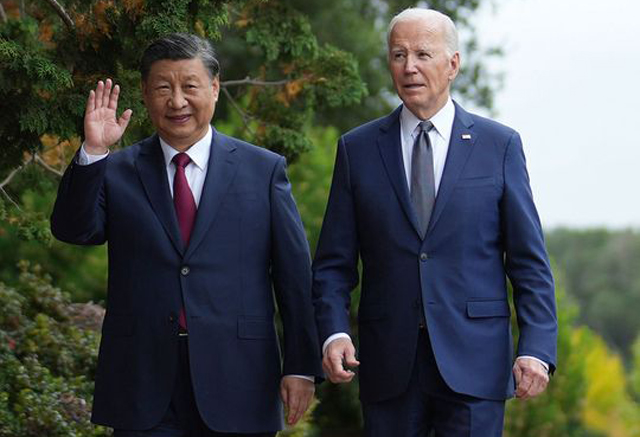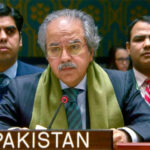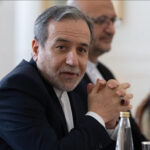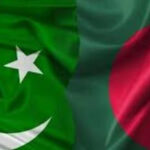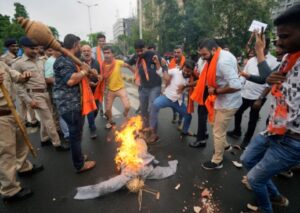 Moon Desk: India used to be a secular democracy, but its current leader, Narendra Modi of the ruling Bharatiya Janata Party (BJP), advances a radically different vision. Modi wants India to become a Hindu nation, in which India’s religious minorities (about 20% of the population) are second-class citizens and Muslims especially (about 14% of Indians) are compelled to accept increasing majoritarian violence. Indeed, stories of terrorizing Indian Muslims have become depressingly common in Modi’s India, with human rights groups documenting rising violence with each passing year. International groups, such as Freedom House and V-Dem, consider India only “partly free” and an “electoral autocracy” owing to the sharp decline of human and civil rights.
Moon Desk: India used to be a secular democracy, but its current leader, Narendra Modi of the ruling Bharatiya Janata Party (BJP), advances a radically different vision. Modi wants India to become a Hindu nation, in which India’s religious minorities (about 20% of the population) are second-class citizens and Muslims especially (about 14% of Indians) are compelled to accept increasing majoritarian violence. Indeed, stories of terrorizing Indian Muslims have become depressingly common in Modi’s India, with human rights groups documenting rising violence with each passing year. International groups, such as Freedom House and V-Dem, consider India only “partly free” and an “electoral autocracy” owing to the sharp decline of human and civil rights.
The BJP has always considered Muslims to be less Indians than Hindus. The political party was formed in 1980 as an offshoot of the Rashtriya Swayamsevak Sangh (RSS), an all-male paramilitary organization founded in 1925 and modeled on Italian fascist groups such as Mussolini’s Blackshirts. Both the BJP and RSS view India as a nation for Hindus, by Hindus, and seek to coalesce and mobilize a Hindu identity that historically was porous and varied.
Modi is a lifelong member of the RSS. Before he became India’s Prime Minister in 2014, he was Chief Minister of Gujarat, a state which, during his watch in 2002, saw India’s worst communal riots since partition—leaving at least 1,000 people dead, most of them Muslim. This earned him international rebuke, including a 2005 U.S. travel ban, and notoriety at home as an anti-Muslim strongman. That reputation helped propel Modi and the BJP to victory in India’s 2014 general election. After five years of rising Hindu nationalist violence against Indian Muslims, Modi led the BJP to another election win in 2019. Although many Indians—including many Hindus—oppose the BJP, it currently enjoys unprecedented power to reshape India
A key piece of the BJP’s agenda involves twisting history to demonize Muslims, and Hindu nationalists often zero-in on the Mughals, a dynasty that ruled parts of northern and central India during its heyday from about 1560 to 1720. Chief among Hindu nationalist disinformation about the Mughals are that these kings fuelled Hindu-Muslim conflict, a phenomenon that largely developed during British colonial rule (1757–1947). By vilifying earlier Indian kings, the British deflected attention from their exploitative and harmful colonial enterprise.
Contemporary Hindu nationalists follow British colonial ideas regarding Indian history—but they go further in attacking the Mughals. Sometimes Hindu nationalists falsely accuse the Mughals of committing genocide. Other times they falsely malign the Mughals as colonialists, which depicts them—and by extension all Muslims today—as a foreign threat to India.
